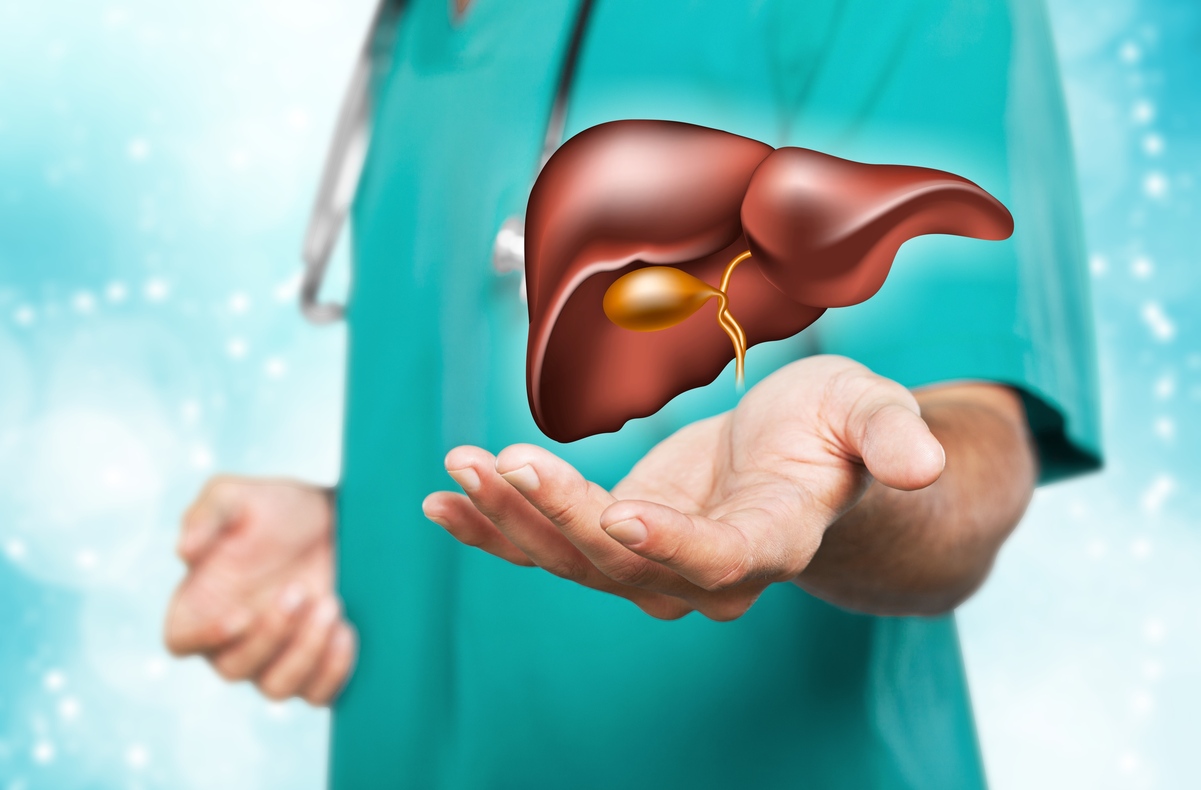In a world where convenience often trumps health, high-fat diets have become increasingly prevalent. Coupled with sedentary lifestyles, this dietary choice has led to a global obesity epidemic. Understanding the intricate ways in which high fat intake and obesity affect the body is crucial for individuals striving for optimal health and well-being. In this comprehensive exploration, we delve into the multifaceted impacts of high-fat diets and obesity on the human body.
The Cardiovascular System:

One of the most concerning effects of high-fat diets and obesity is their impact on the cardiovascular system. Saturated and trans fats, commonly found in processed foods, can elevate cholesterol levels, paving the way for atherosclerosis—a condition characterized by the buildup of plaque in the arteries. As plaque accumulates, the arteries narrow, impeding blood flow and increasing the risk of heart disease, heart attacks, and strokes.
Metabolism and Insulin Resistance:
Obesity and high-fat diets disrupt the delicate balance of the body’s metabolic processes. Insulin resistance, a hallmark of type 2 diabetes, often ensues as a result of prolonged exposure to high levels of dietary fats. The body’s cells become less responsive to insulin, the hormone responsible for regulating blood sugar levels. This impairment can lead to elevated blood glucose levels, further exacerbating insulin resistance and culminating in the development of type 2 diabetes.
Liver Health:

The liver, a vital organ responsible for numerous metabolic functions, bears the brunt of excessive fat consumption. Non-alcoholic fatty liver disease (NAFLD) is a common consequence of high-fat diets and obesity. As fat accumulates in the liver, it impairs its ability to function properly, potentially progressing to more severe conditions such as non-alcoholic steatohepatitis (NASH) and cirrhosis. Maintaining a healthy weight and adopting a balanced diet is crucial for preserving liver health and preventing the onset of these debilitating conditions.
Endocrine Disruption:
Obesity disrupts the delicate balance of hormones within the body, giving rise to a myriad of endocrine disorders. Adipose tissue, or fat cells, produces hormones and inflammatory molecules that can interfere with normal physiological processes. Disruptions in appetite-regulating hormones such as leptin and ghrelin can lead to overeating and weight gain, perpetuating the cycle of obesity. Additionally, hormonal imbalances associated with obesity can contribute to conditions such as polycystic ovary syndrome (PCOS) in women and hypogonadism in men.
Respiratory Complications:

The respiratory system is not immune to the detrimental effects of obesity. Excess fat accumulation around the neck and chest can obstruct the airways, leading to sleep apnea and other respiratory disorders. Individuals with obesity often experience episodes of interrupted breathing during sleep, resulting in poor quality sleep and daytime fatigue. Addressing obesity through lifestyle modifications such as weight loss and regular exercise is essential for alleviating these respiratory complications and improving overall respiratory health.
Joint Health and Mobility:
The burden of excess weight takes a toll on the musculoskeletal system, particularly the joints. Obesity increases the risk of osteoarthritis—a degenerative joint disease characterized by the breakdown of cartilage and underlying bone. The knees, hips, and lower back are particularly susceptible to the effects of obesity-induced joint stress. Chronic pain, reduced mobility, and diminished quality of life are common consequences of obesity-related joint problems. Implementing strategies to achieve and maintain a healthy weight can alleviate the strain on joints and improve overall mobility and function.
Cancer Risk:
Obesity is intricately linked to an increased risk of various types of cancer. Chronic inflammation, insulin resistance, and hormonal imbalances associated with obesity create an environment conducive to cancer development. Breast, colon, prostate, and pancreatic cancers are among the malignancies with a documented association with obesity. Adopting a healthy lifestyle that includes a balanced diet, regular exercise, and weight management is crucial for reducing the risk of obesity-related cancers and promoting overall health and well-being.
Psychological Impact:
Beyond its physical manifestations, obesity exerts a profound psychological toll on affected individuals. Stigma, discrimination, and negative societal perceptions surrounding obesity can take a significant toll on self-esteem and mental health. Depression, anxiety, and other mood disorders are more prevalent among individuals with obesity compared to their non-obese counterparts. Addressing the psychological aspects of obesity through supportive environments, counseling, and advocacy is essential for promoting holistic well-being and mitigating the adverse effects of weight stigma.
Conclusion:
The effects of high-fat diets and obesity extend far beyond mere aesthetics—they permeate every aspect of our physiology and psychology. From the cardiovascular system to joint health and beyond, obesity exerts a pervasive influence on our bodies, increasing the risk of chronic diseases and diminishing quality of life. By prioritizing healthy lifestyle choices, including a balanced diet, regular exercise, and mindful eating habits, we can mitigate the adverse effects of high-fat diets and obesity and embark on a path towards optimal health and well-being. Remember, every choice we make today shapes the health outcomes of tomorrow—let’s choose wisely for a healthier, happier future.
